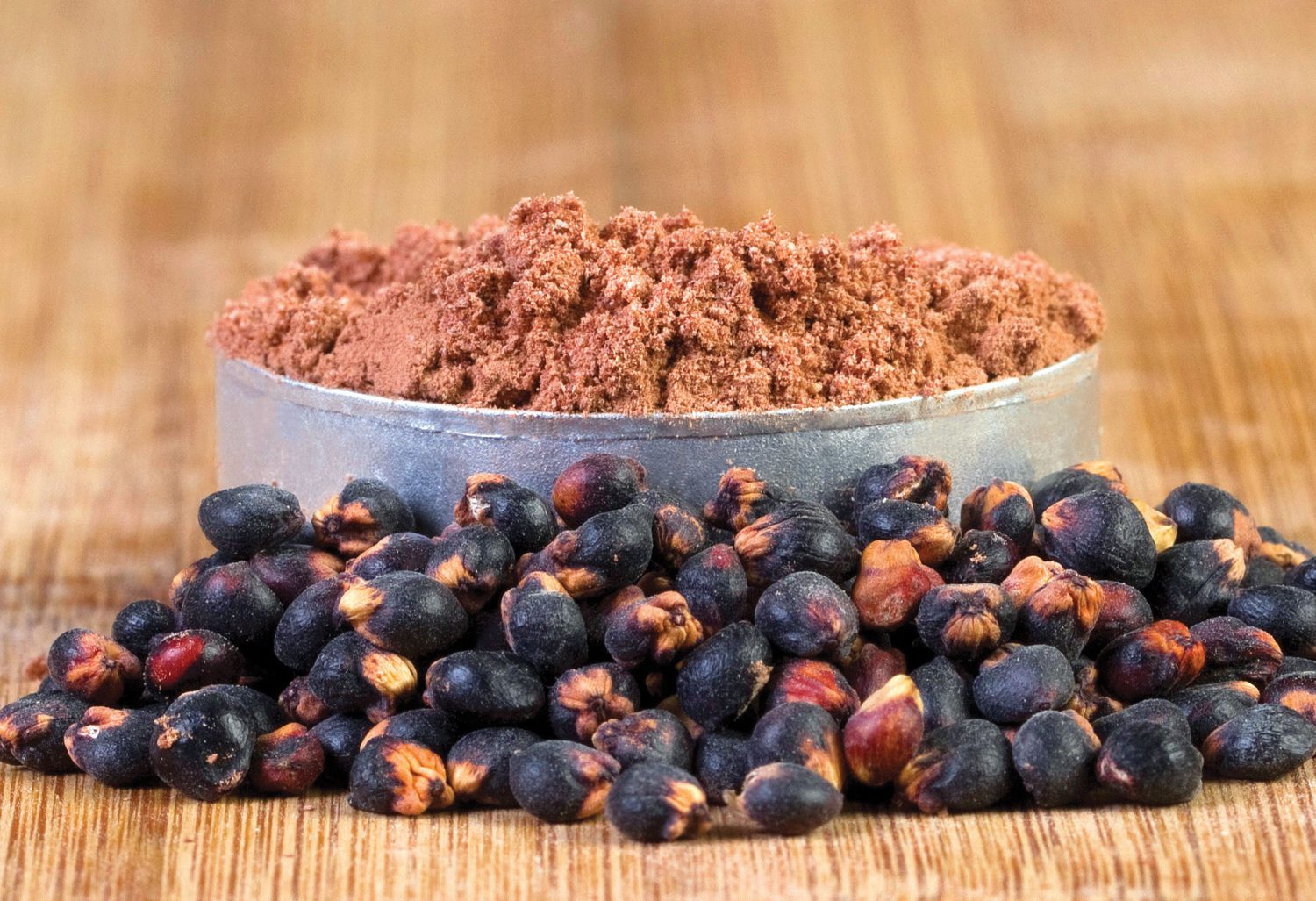
Select varieties of sorghum grain (Sorghum bicolor) like black sorghum bran and sumac sorghum bran are excellent sources of antioxidants, phytochemicals and very long chain fatty aldehydes, alcohols and acids. Studies have linked the consumption of food sources enriched in these beneficial compounds to reduced incidence of inflammatory and cardiovascular diseases. Although sorghum grain is one of the top five most important grains produced worldwide, the health promoting effects of sorghum have not received significant attention. In this dissertation, the anti-inflammatory effects of ethanol extracts of sorghum bran varieties are investigated. The hypocholesterolemic action of the wax and bran fractions of sorghum grain alone and in combination with other nutraceutical ingredients is also examined. The secretion of cytokines TNF-α and IL-1 from LPS-stimulated human peripheral mononuclear cells was significantly reduced by extracts of black sorghum bran. In the phorbol myristate (TPA) inflamed mouse ear edema model, markers for acute inflammation were measured after the treatment with various varieties of sorghum bran extracts or indomethacin. Ethanolic extracts of black and sumac sorghum bran produced reductions in both ear edema and myleoperoxidase activity. No effect was observed with white or mycogen sorghum bran varieties. The anti-inflammatory activity positively correlated with the high phenolic contents and antioxidant activies of black and sumac sorghum brans. Black bran extract did not affect COX-2 protein expression, an enzyme involved in prostaglandin biosynthesis. Black sorghum bran extract in combination with indomethacin did not produce a greater effect than each agent alone suggesting that this bran may also block an enzyme involved in prostanoid production. Additional studies undertaken demonstrated that integration of sorghum wax into hypercholesterolemic diets did not produce any lipid-altering effects. A diet composed of 20% sorghum bran significantly lowered plasma cholesterol. A formulation comprised of a blend of phytosterols, Spirulina, turmeric and pantethine, produced lipid-lowering effects in the hypercholesterolemic hamster. The addition of 5% or 10% sorghum bran to this formulation produced a further modest lowering of plasma cholesterol levels. In conclusion, select sorghum bran varieties may be a beneficial food/nutraceutical ingredient for the moderation of inflammatory diseases and maintaining healthy plasma cholesterol concentrations.
Read the full article here. (article by Amy L. Burdette)
